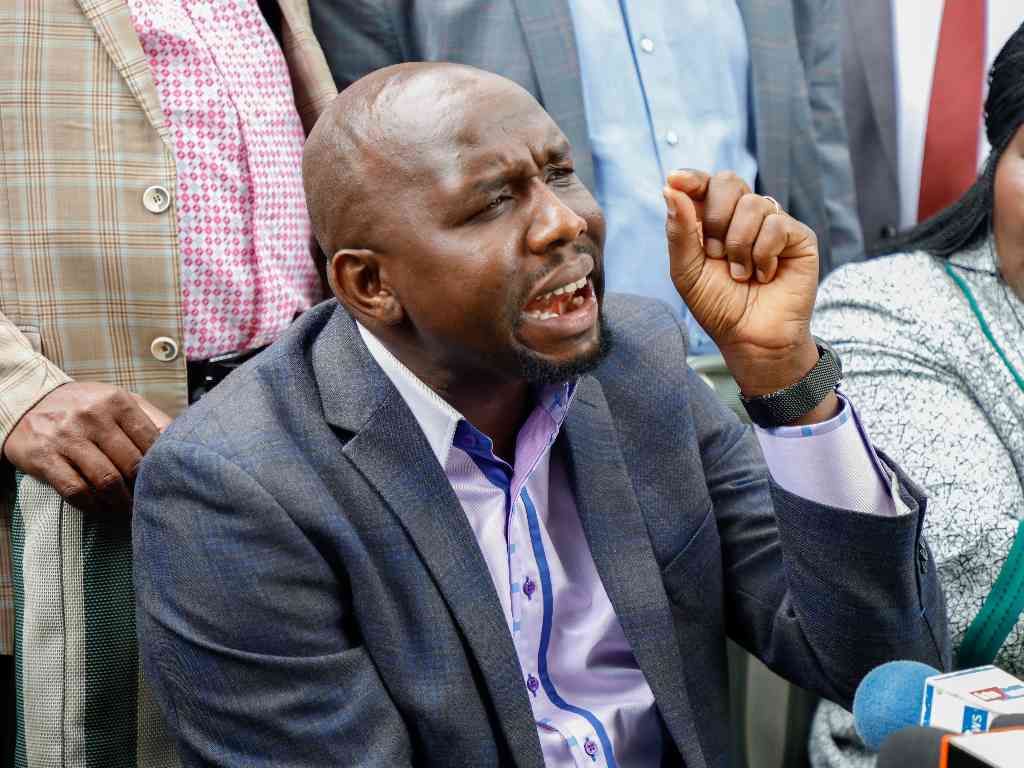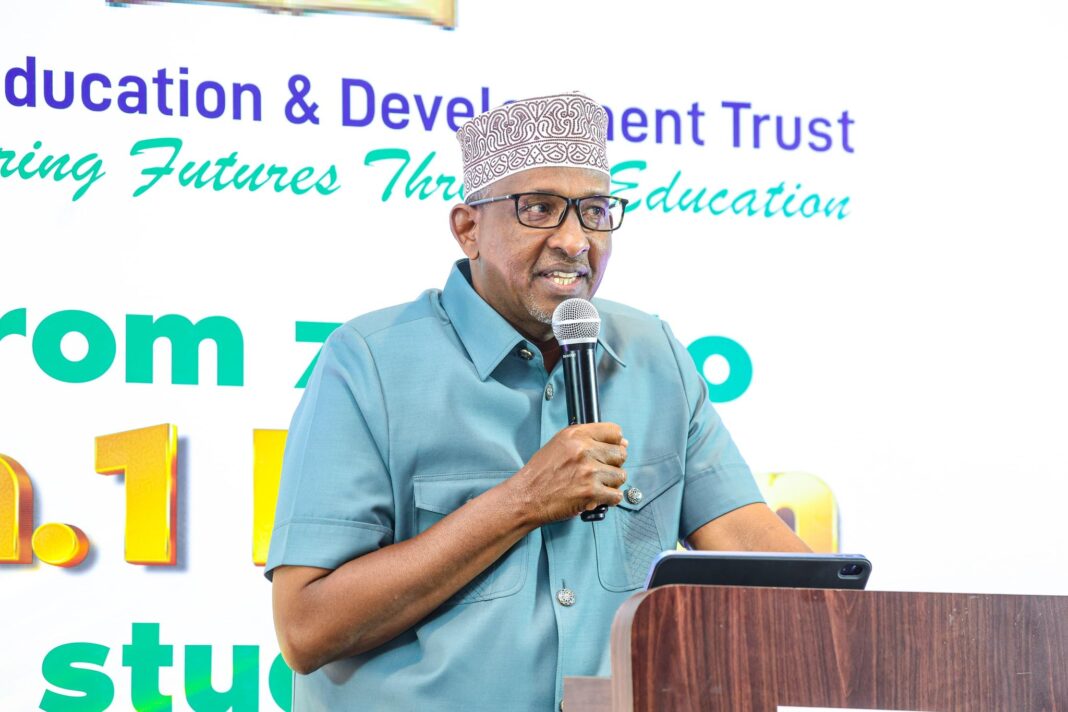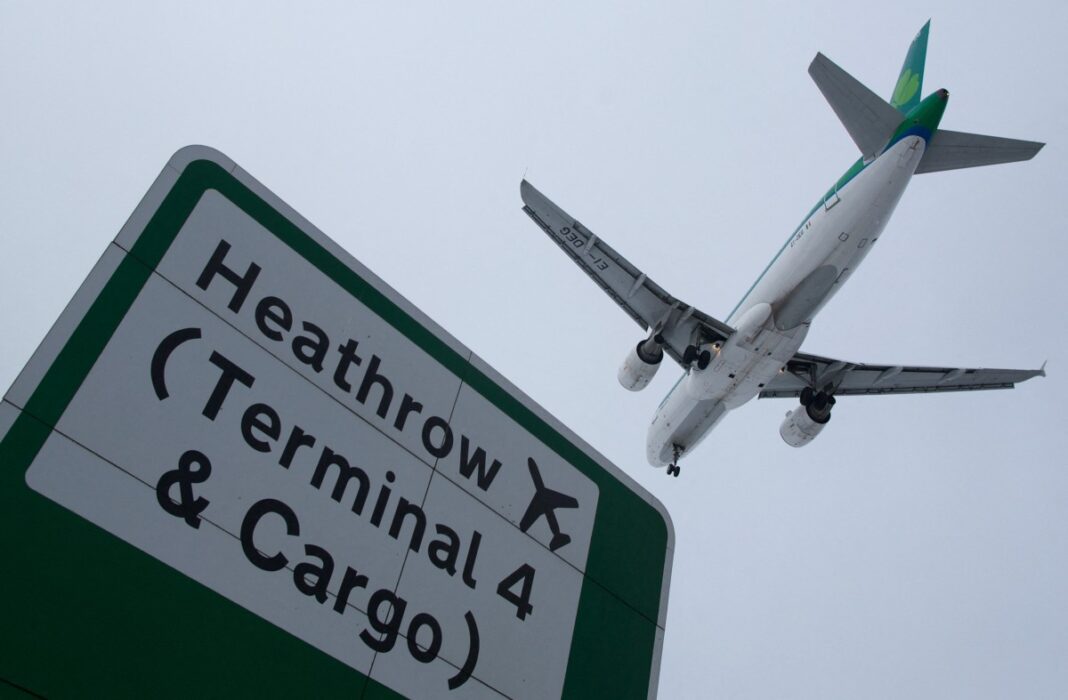Kenya’s Interior Cabinet Secretary Kipchumba Murkomen has come under fire after Reuben Kigame, a presidential aspirant and human rights advocate, filed a petition demanding his prosecution over alleged state brutality during the Gen Z-led protests.
But Murkomen is not backing down. Instead, he is hitting back hard—accusing Kigame of siding with lawbreakers and pushing propaganda to gain political mileage ahead of the 2027 elections.
The standoff is fueling tensions, as calls for justice grow louder and ICC looms larger in Kenya’s political crisis.
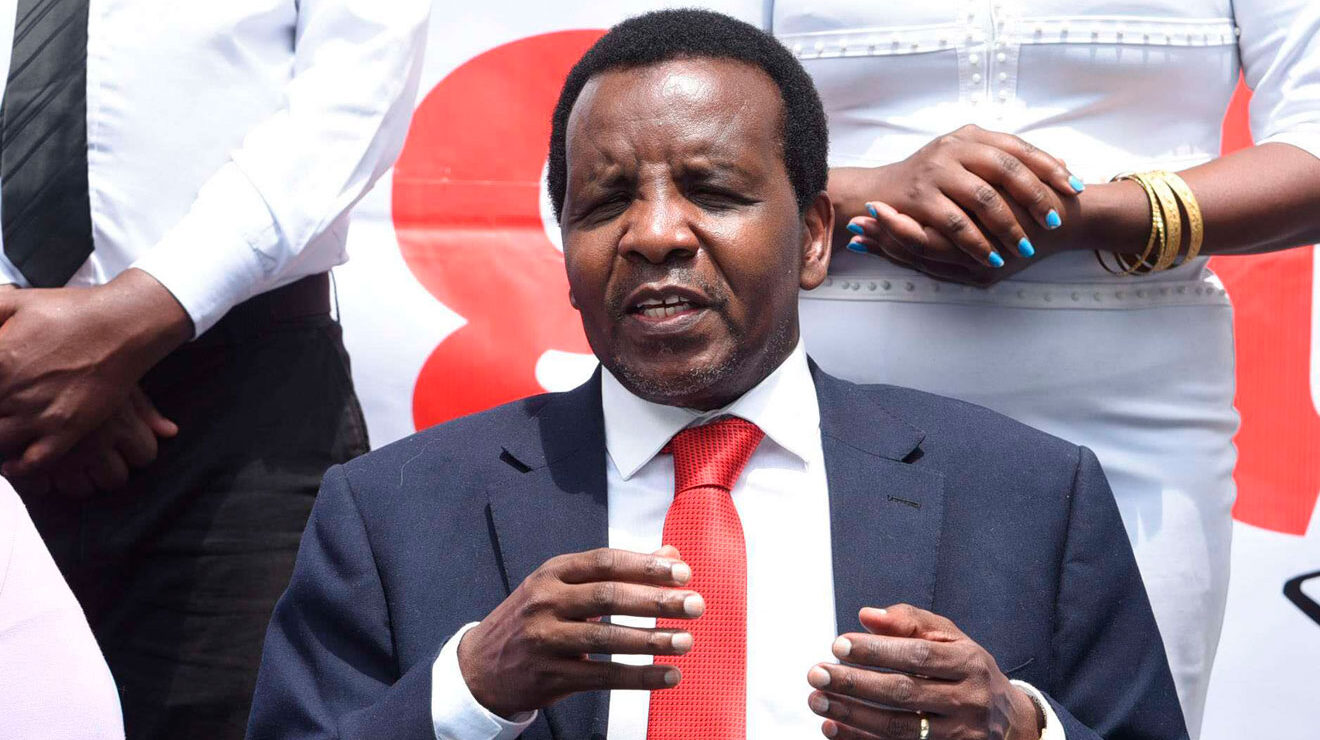
Murkomen ICC Prosecution Storm Grows Amid Rising Calls for Accountability
The Interior Cabinet Secretary Kipchumba Murkomen is now at the center of a growing storm following attempts by Reuben Kigame to drag him to the International Criminal Court (ICC).
Kigame’s legal action, filed on July 31, accuses Murkomen and other top security bosses of overseeing a violent crackdown on peaceful demonstrators in 2024 and 2025. The protests, mostly led by young Kenyans known as Gen Z, erupted over the rising cost of living and widespread corruption.
According to Kigame’s court petition, over 100 protesters and bystanders were killed, dozens were abducted, and many more were tortured by state agents. He argues these actions constitute crimes against humanity and deserve international attention.
But Murkomen, speaking just a day later on August 1, dismissed the ICC prosecution threats as a “political witch-hunt” designed to score cheap points.
He went further to accuse Kigame and other critics of ignoring the destruction of police stations, supermarkets, courts, and government buildings by what he called anarchists hiding behind protests.
“They only mention my name and other security officers. They don’t talk about the real terror that has been unleashed on this country,” Murkomen fired back.
He warned that Kenya would not be turned into a playground for chaos disguised as activism. “Please, scare somebody else with the ICC,” he said.
Kigame Doubles Down as State Fails to Act
Reuben Kigame is not retreating. In fact, he is doubling down. He has maintained that the push for a private prosecution is necessary because the Director of Public Prosecutions (DPP) has remained silent, despite overwhelming evidence of state-sponsored brutality.
Apart from Murkomen, the petition also targets Police Inspector General Douglas Kanja, DCI Director Mohamed Amin, and NIS boss Noordin Haji.
Kigame holds that these four men are the chief architects of a coordinated campaign to silence dissent through murder, torture, and enforced disappearances.
Speaking during a press briefing, Kigame stated that if Kenyan courts fail to act, he would not hesitate to seek justice at the international level.
“We owe it to the families of those who died. We owe it to the survivors who are still nursing injuries. And we owe it to the conscience of our nation,” Kigame said.
He insists the ICC must take over if Kenya continues protecting those responsible for killing its own citizens.
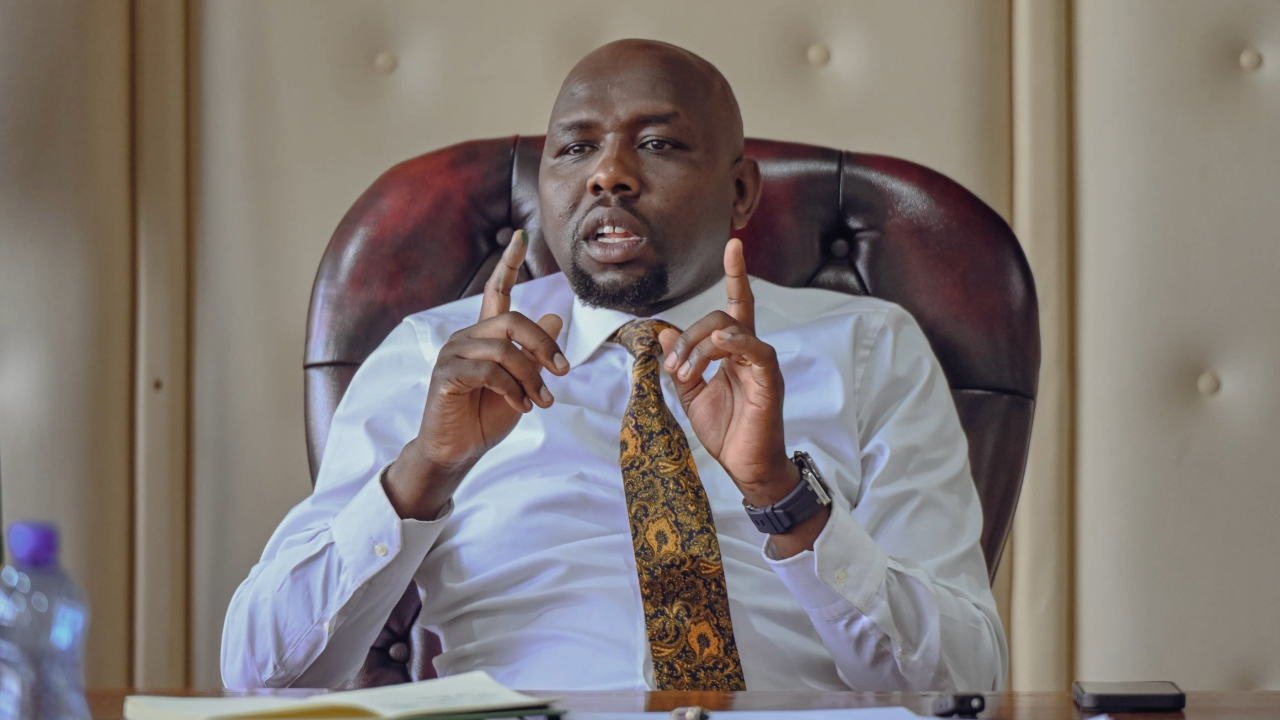
Murkomen Accuses ICC Petitioners of Political Opportunism
In response, Murkomen has accused Kigame of hiding behind human rights to further his political ambitions. He pointed out that Kigame is a declared presidential candidate for the 2027 elections, suggesting that the ICC push is more about headlines than justice.
“This is not about human rights. It is about people who want to subvert the Constitution through fear and intimidation,” Murkomen said.
He framed the Gen Z protests as violent riots, not peaceful demonstrations, arguing that law enforcement had a duty to protect lives and property.
“We will not allow our country to become an experimental place for anarchists,” he said.
However, critics argue that Murkomen is deflecting from the real issue—how the state handled the protests and why so many young lives were lost.
Human rights groups and international observers have documented excessive use of force, the use of live bullets against crowds, and arbitrary detentions. But so far, no single government official has been held accountable.
Kigame and his supporters believe that unless action is taken, the culture of impunity will only deepen.
A Nation at a Crossroads
The Murkomen ICC prosecution debate has now become a major fault line in Kenya’s political landscape. On one side is a government determined to present a firm face, claiming it is fighting lawlessness and defending national stability.
On the other is a movement demanding accountability, transparency, and justice for the victims of state brutality.
As Kenya inches closer to the 2027 elections, the ICC card is likely to be played again. Whether the Hague tribunal will take up the case remains uncertain. But what is clear is that Kenya is facing a deep moral crisis.
And until the country can answer who killed its youth and why—calls for international justice will only grow louder.
